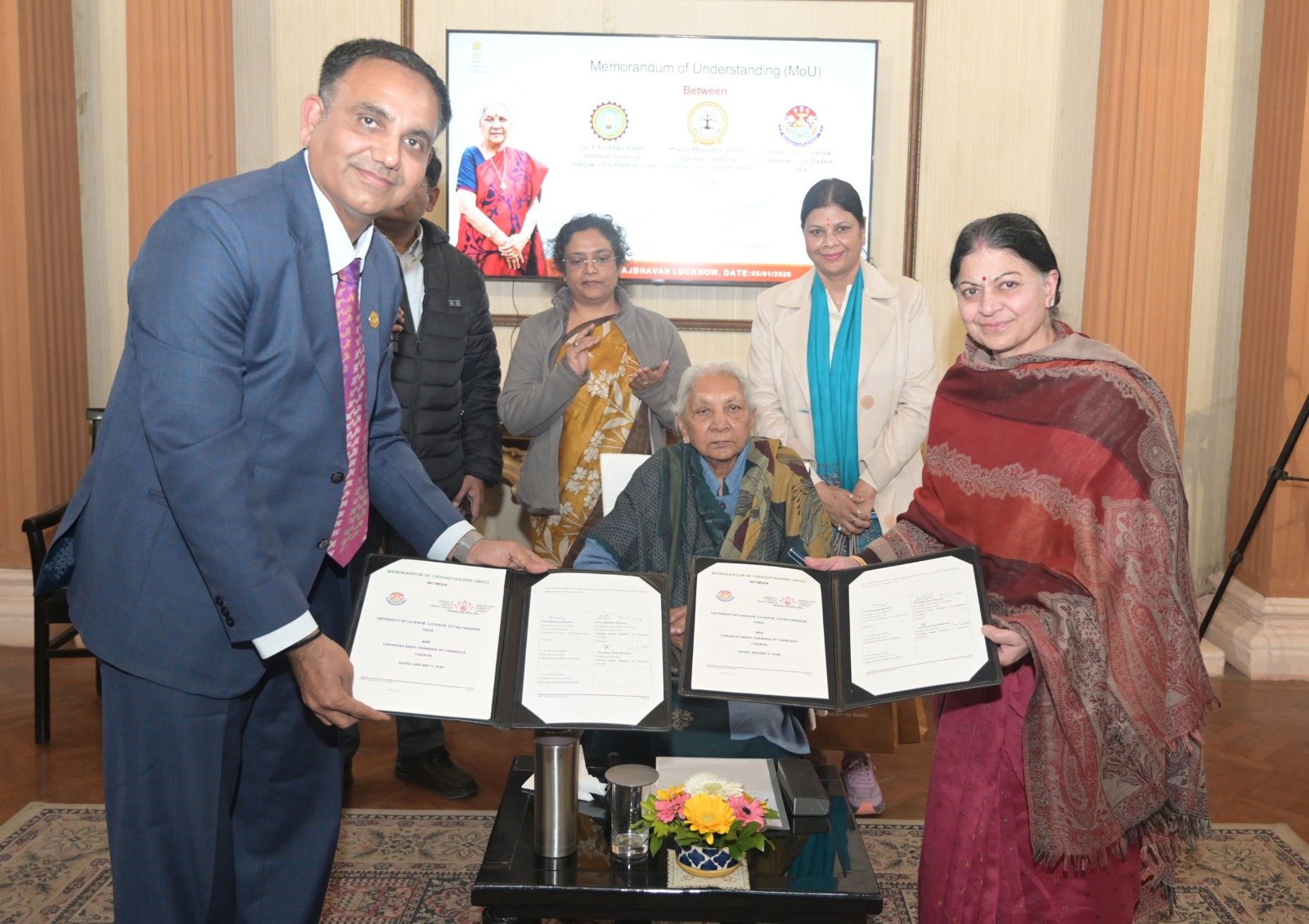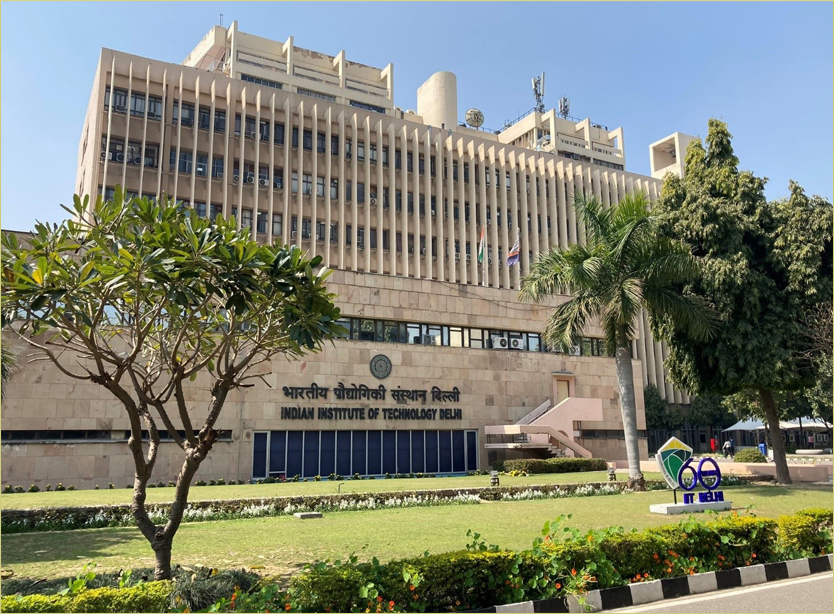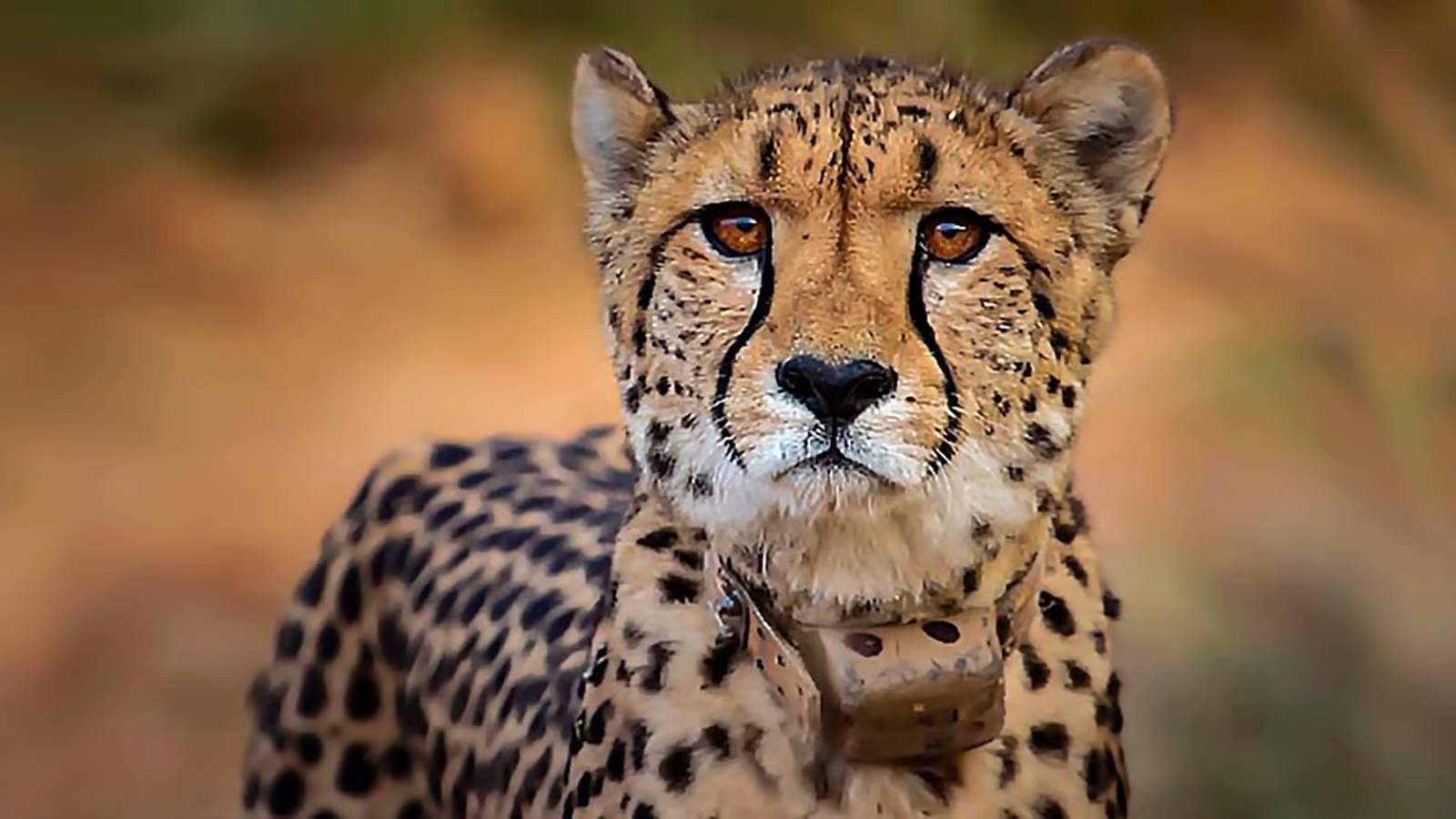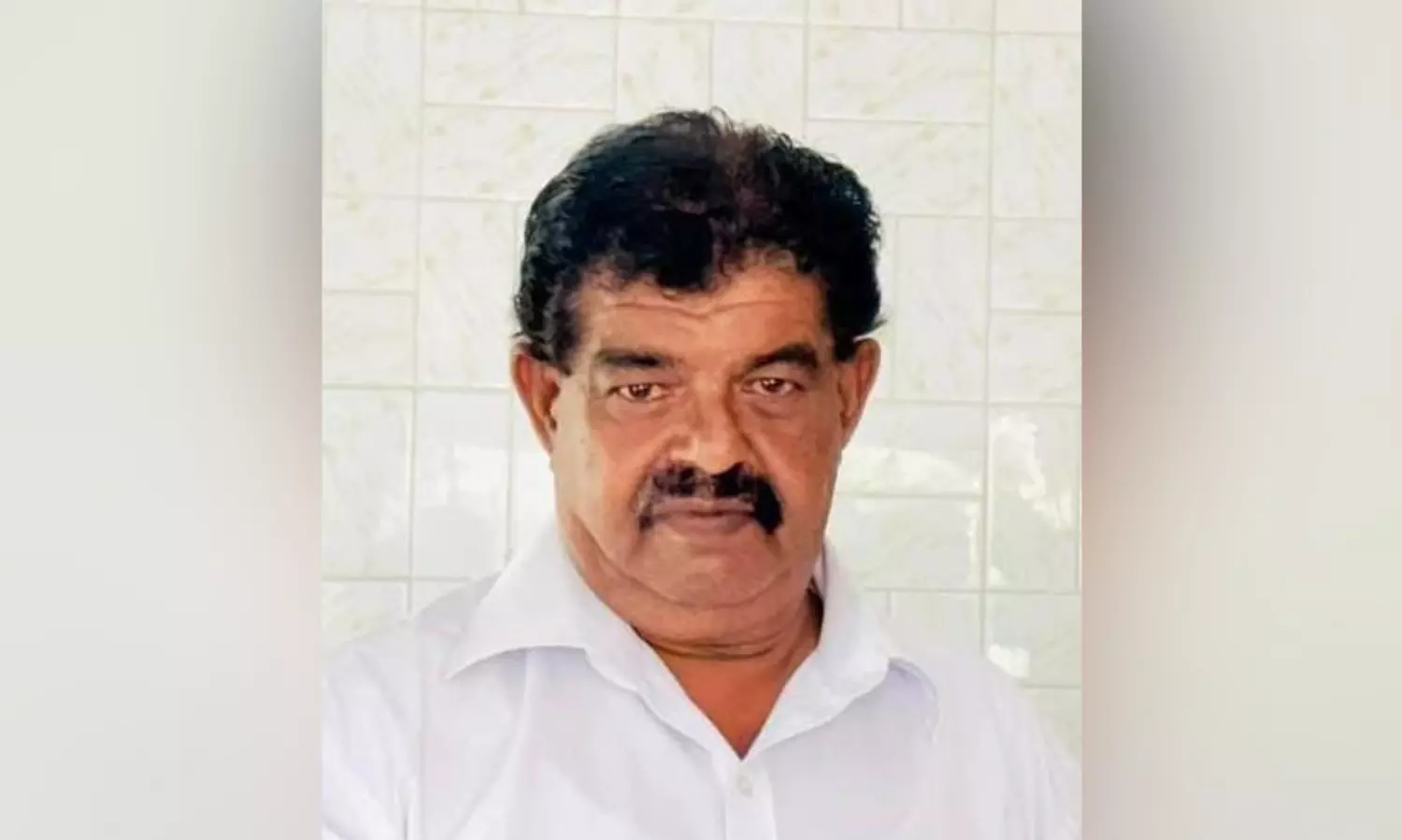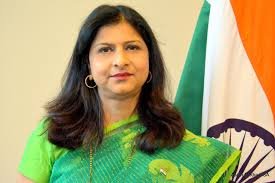Wildliife Institute of India Dean PV Jhala says “a formal MoU is yet to be signed and the whole process right up to the relocation of the animals to India, could now take months.
The arrival of Cheetahs from Africa, part of an ambitious project to revive the species extinct in India since long, has run into a snag that may cause inevitable and interminable delay.
Last week an expert delegation comprising wildlife offiicials from Madhya Pradesh, the Indian Forest Department and the Wildlife Institute of India had visited and given a satisfactory report about their trip.
However, the team also stated that a Memorandum of Understanding for the transfer of these big cats had not as yet been signed.
Wildliife Institute of India Dean PV Jhala says “a formal MoU is yet to be signed take place and the whole process right up to the relocation of the animals to India could now take months.
Pravasi Samwad had in its January 6 edition had quoted Environment Minister Bhupender Yadav as saying that India would have the cheetah back in its jungles, expectedly by the first half of this year.
He had then stressed that Prime Minister Narendra Modi was keen on protection and conservation of big cats, including cheetahs, and 50 of the species would be introduced in various parks of the country over the next five years.
Elaborating on the action plan the minister had said: “The original threats that resulted in their extinction have been eradicated and India will soon have the charismatic species back,” he said
Among the possible surveyed sites for its relocation, the Kuno-Palpur National Park in MP has been rated highest on the priority list because of its suitable habitat and adequate prey base and it is here that the species being translocated from Nambia and South Africa — the two countries with the highest cheetah population.
The reintroduction at the Kuno-Palpur park in Sheopur and Morena districts of the Gwalior-Chambal region, almost 70 years after it was officially declared extinct in India, is the world’s first inter-continental translocation project of a large carnivore like cheetah.
According to the action plan, 10 cheetahs will be sourced to India from South Africa or Namibia, and will be fitted with satellite telemetry collars.
The first group of cheetahs will need to settle into the reserve, and learn to find the appropriate prey to hunt or kill, and to begin breeding.Initially, around three to four male cheetahs will be imported to India. The males should be four to five years of age. Around six female cheetahs, about two and half years old, will also be a part of the initial group of cheetahs to be introduced to India.
Based on the 2010 surveys, the other recommended sites for reintroduction of cheetah in India are Nauradehi Wildlife Sanctuary, Madhya Pradesh, Gandhi Sagar Wildlife Sanctuary, Madhya Pradesh, Shahgarh bulge in Rajasthan, and Mukundara Tiger Reserve, Rajasthan
The number of cheetahs in India had dwindled significantly by 1900.
During the reign of Mughal emperor Jahangir in the 16th century, the first cheetah in the world was bred in captivity in India. During the rule of Akbar, there were as many as 10,000 cheetahs. Of these, 1,000 were in his court.
It is estimated that there are only 7,100 cheetahs left in the wild, according to wildlifeday.org. They are found primarily in the eastern and southern ranges of Africa, south of the Sahara Desert. Small populations are also found in North Africa and Iran. As of 2015, more than 3,500 cheetahs live in Namibia.
************************************************************************
Readers


